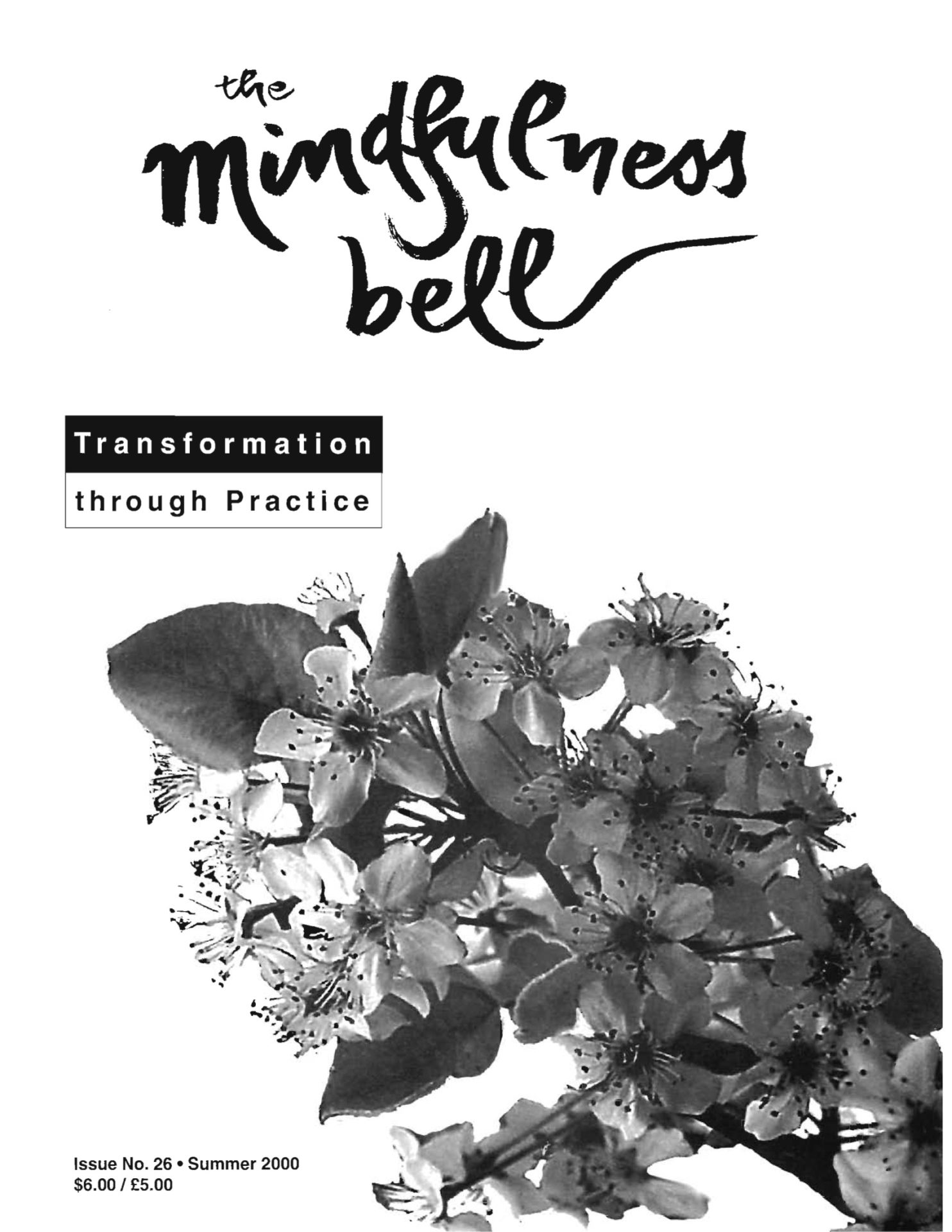By Michael Winnell
For years, I have worked to slow, if not end, the long-term threat of radioactive waste products created by nuclear weapons and power plants. Radioactive waste is likely to threaten life as long as humans inhabit this world, so it is important for me to speak clearly and firmly. Those who support the nuclear cycle are also very determined. In this atmosphere, it is paramount to know one’s grounding. I am learning to respond to this very difficult issue from my Buddhist understandings,
By Michael Winnell
For years, I have worked to slow, if not end, the long-term threat of radioactive waste products created by nuclear weapons and power plants. Radioactive waste is likely to threaten life as long as humans inhabit this world, so it is important for me to speak clearly and firmly. Those who support the nuclear cycle are also very determined. In this atmosphere, it is paramount to know one's grounding. I am learning to respond to this very difficult issue from my Buddhist understandings, largely revealed through the teaching of Thich Nhat Hanh and the concept of interbeing.
Bringing mindfulness to an issue this large and difficult is challenging. It is very easy to take sides, point fingers, become a talking head of facts and statistics, forgetting that "This is like this, because that is like that." Having read Thay's talk, "Man is not our Enemy," I am struck by the depth with which he, and each of us, can hold the whole of the reality without choosing sides. It is not helpful to view producers of radioactive waste as wrong or the enemy. Their motivation springs from the same place as my own. In fact, I benefit by being able to turn on the lights at night. But their actions, as well as my own, are creating very difficult problems. I must bring to their attention my understanding of the future we are creating, but I must also realize they may not respond. My attachment to their response, and my desire for a specific response, is a negative seed to hold in mindfulness. At the same time, I must continue to firmly state facts about these dangers, truthfully and without exaggeration.
The Buddha taught that reality is both historical and ultimate. The suffering generated by fear—particularly the fear of death or nonbeing—is enormous. Being and nonbeing are elements of suffering in the historical dimension, but in the ultimate dimension, understanding can transform fear, relieve suffering, and bring joy by opening the door of loving kindness. Remembering these teachings, I can better relate to the people directly involved in the decision-making and production process of the nuclear cycle, and to myself. It is a demanding practice. Many people involved in nuclear waste production and storage do not see the connection between what they are doing and all life. They do not seem to recognize that nuclear waste could sicken or end many life-forms, or that it brings suffering even to the elements split by nuclear fission. All atoms split by fission emit energy in an attempt to regain a stable state. The energy they emit in their quest for stability, however, threatens all life. My determination not to harm people, animals, plants, and minerals is directly challenged by the production of this energy, and by my benefiting from the energy when I turn on the lights, the washing machine, or the computer.
With mindfulness, it is easier to be aware of my tendency to move into fear and duality, to choose sides and create more suffering for myself and others. It is easier to understand those whose perspective differs from mine, and not to vilify them. As Thay taught, "they" are not our enemies, nor is fear, hatred, or even duality; all can be held and transformed by understanding. It is important for me to remember that behind each environmental concern or dispute, are people with varying degrees of suffering. Mahatma Gandhi used to say that if his adversary did not respond positively to his proposal, it was not the adversary's fault, but his own, for not stating the truth clearly or simply enough. Each person contains seeds of goodness, truth, and beauty. When suffering is relieved through understanding, these seeds respond, joy is born, and there is no ability to continue to do things that harm others.
Leaping into the debate surrounding radioactive waste requires mindfulness and careful attention to motives. It is important to gather information, research the facts, and engage. The Buddha taught his followers to engage the Dharma in daily life, and in our engaged practice, the Buddha still lives. In the spirit of the teachings, I must engage first in my own heart, and then move into the communal arena with my concerns about nuclear waste, in order to help relieve suffering of people, animals, plants, and minerals.
As I breathe into my fear, I breathe out hope that this life has made a difference to at least one atom of radioactive waste and perhaps one mind. Reminded that nirvana is in this moment, may I understand, so as to relieve the suffering brought to matter and to living beings alike, actions are all we take with us. May we know the joy of interbeing, not grasping or judging, just walking on the path with mindful breathing and attention.
Michael Winnell, practices with Dancing Rabbit Sangha, in Elk Rapids, Michigan. If you would like more information about the radioactive waste issue in relationship to nuclear disarmament and the burning of MOX fuel in commercial reactors, please email him: mwinnell@onramp.freeway.net

